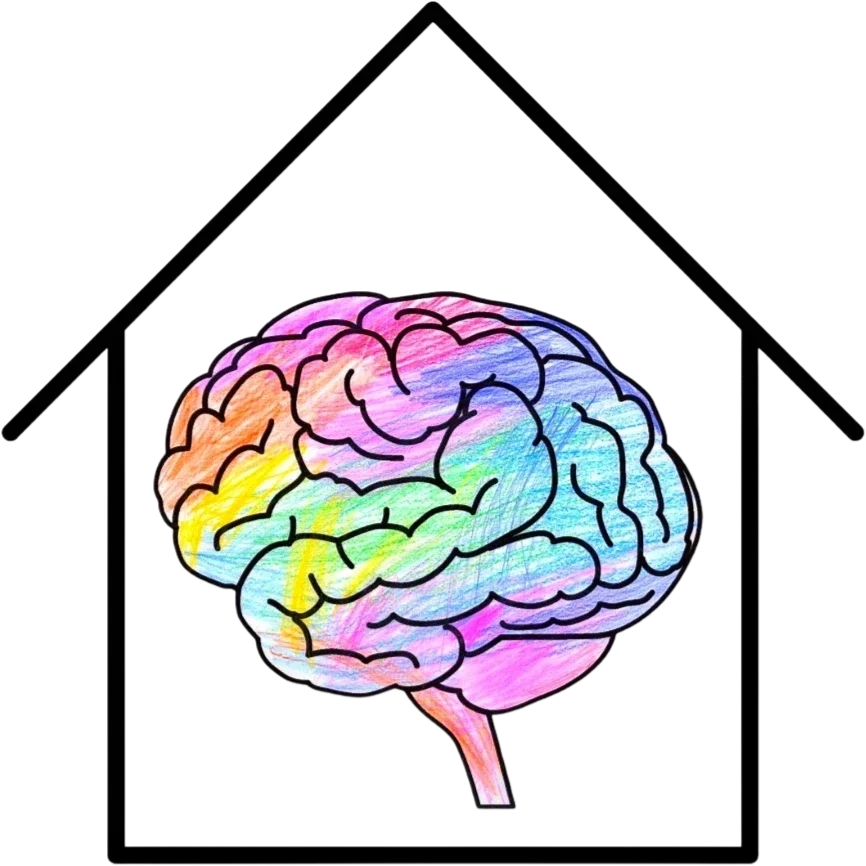Connection is the Path to Health
Click here for infographic (PNG)
Click here for Plain Language Summary (PDF) — also the alt text for the infographic
For transcripts of the video, click here for instructions or click here for video demonstration
Summary
This Brain Club® episode focuses on the deep health impacts of loneliness—especially for neurodivergent and multiply marginalized people—and the importance of social connection for healing and systemic change. The session features asynchronous and live contributions from local community leaders. Many neurodivergent people feel lonely and disconnected. This can hurt our health. Building community can help us feel better and be healthier.
People from local Vermont organizations share how they are building new kinds of communities that welcome all kinds of brains and bodies. The panel includes:
- Keegan Albaugh, Executive Director of The Dad Guild describes the organization’s work engaging dads and masculine caregivers through diverse, inclusive, community-based programs that promote nurturing, vulnerability, and collective care as a strategy for social change.
- Shela Linton, Co-Founder of The Root Social Justice Center shares how their BIPOC-led organization builds inclusive, healing-centered spaces that center Blackness and support youth, queer and trans folks, and disabled people. Their programs focus on organizing, storytelling, racial justice, family advocacy, and mutual support—all grounded in the power of relationship-building.
- Chris Hansen, Executive Director of Intentional Peer Support (IPS), talks about the importance of mutual relationships in healing. IPS’ work focuses on connection between people with lived experience of things like trauma, disability, or mental health challenges. IPS believes people get better when they can support each other without judgment.
- Luke Rackers, Director of Development and Communications at Central Vermont Council on Aging (CVCOA), shares how many older adults are also impacted by loneliness. CVCOA helps older adults stay connected, get their needs met, and feel like they belong in the community.
Everyone agrees, health is not just about doctors or medicine. Health comes from being in community, feeling connected, and knowing you belong.
Key Terms
| Loneliness | The feeling of being alone, disconnected, or not close to others. One might feel like no one understands or like one is alone (even if other people are around). Loneliness is extremely harmful to a person’s health. |
| Social connection | The feeling of belonging and being close to others. This may also be described as having social relationships that provide emotional and psychological bonds. This also usually involves feeling valued by other people. Social connection is an important component of health. |
| Social power | having the relationships that you need to carry out the work that you need and to make change |
| White supremacy | The belief that white people are superior to those of other races. This belief favors the maintenance and defense of any power and privilege held by white people. For more information, see this article by Tema Okun. |
